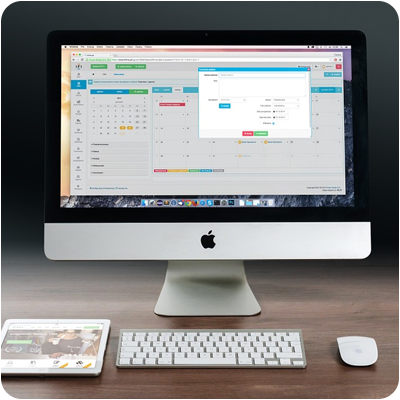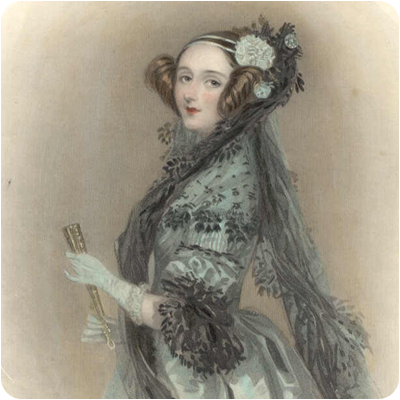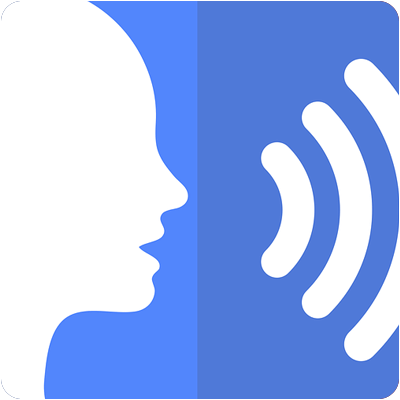Het arrangement Computers - hv3 is gemaakt met Wikiwijs van Kennisnet. Wikiwijs is hét onderwijsplatform waar je leermiddelen zoekt, maakt en deelt.
- Auteur
- Laatst gewijzigd
- 11-05-2025 19:33:55
- Licentie
-
Dit lesmateriaal is gepubliceerd onder de Creative Commons Naamsvermelding-GelijkDelen 4.0 Internationale licentie. Dit houdt in dat je onder de voorwaarde van naamsvermelding en publicatie onder dezelfde licentie vrij bent om:
- het werk te delen - te kopiëren, te verspreiden en door te geven via elk medium of bestandsformaat
- het werk te bewerken - te remixen, te veranderen en afgeleide werken te maken
- voor alle doeleinden, inclusief commerciële doeleinden.
Meer informatie over de CC Naamsvermelding-GelijkDelen 4.0 Internationale licentie.
Aanvullende informatie over dit lesmateriaal
Van dit lesmateriaal is de volgende aanvullende informatie beschikbaar:
- Toelichting
- Deze les valt onder de arrangeerbare leerlijn van de Stercollecties voor Engels voor havo en vwo, leerjaar 3. Dit is thema 6 'Internet'. Het onderwerp van deze les is: Computers. Deze les staat in het teken van computers waarbij er ingegaan wordt in het gebruik en functies van computers. Daarbij wordt ook het internet besproken. De onregelmatige werkwoorden in deze les zijn: to send, to set, en to shake. In de grammaticaopdracht worden 'Negative Verb Conjugation' en 'short negative answers' behandeld.
- Leerniveau
- HAVO 3; VWO 3;
- Leerinhoud en doelen
- Engels;
- Eindgebruiker
- leerling/student
- Moeilijkheidsgraad
- gemiddeld
- Studiebelasting
- 1 uur 40 minuten
- Trefwoorden
- arrangeerbaar, computers, engels, functie computer, hv3, internet, negative verb conjugation, short negative answers, stercollectie

 The subject of this period is computers.
The subject of this period is computers.




 Ada Gordon, 1815
Ada Gordon, 1815




 British etiquette – are we too polite?
British etiquette – are we too polite?